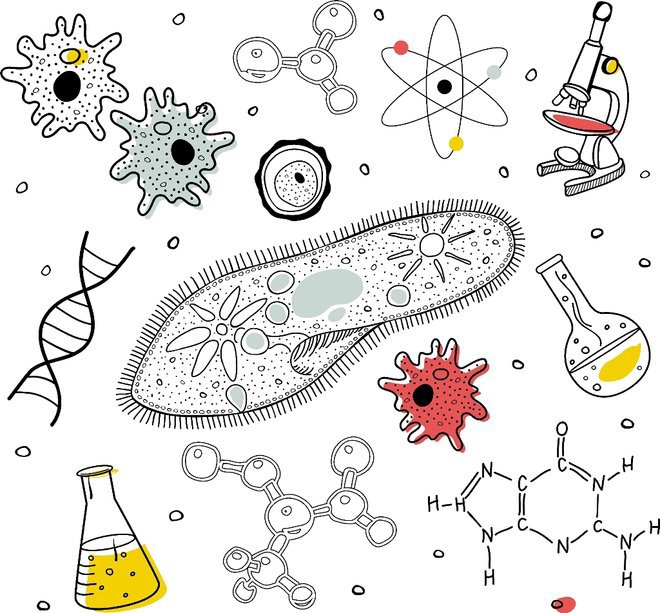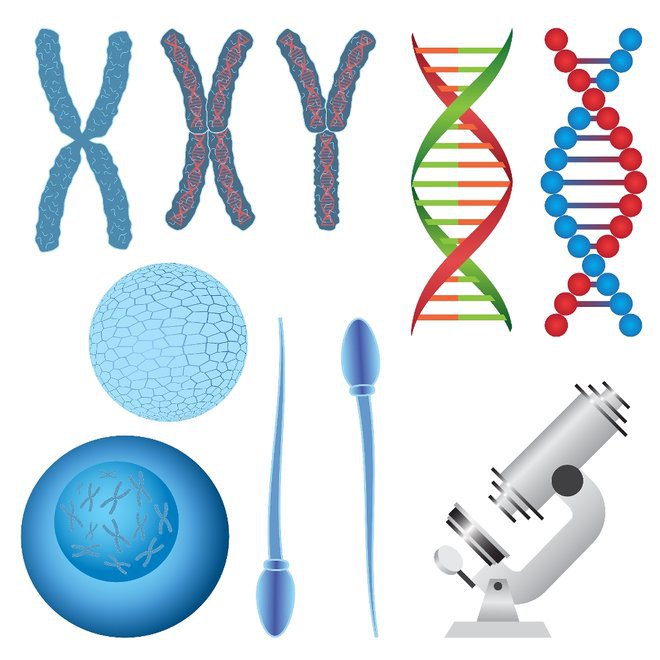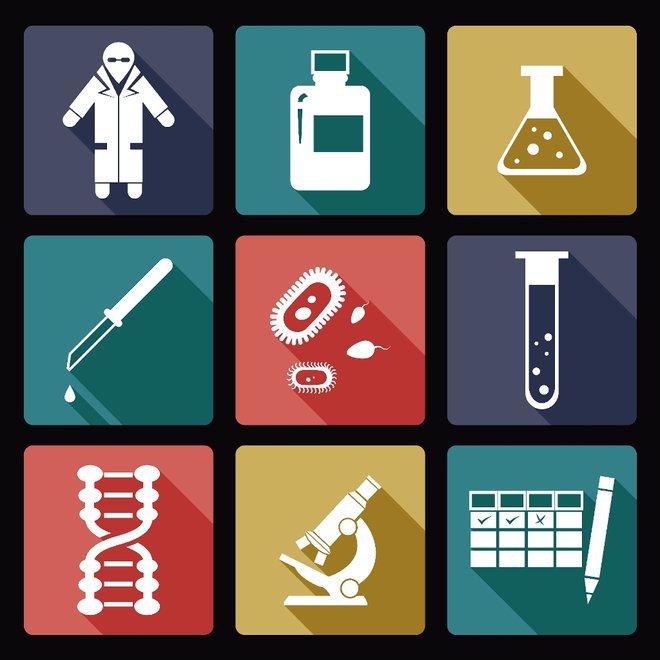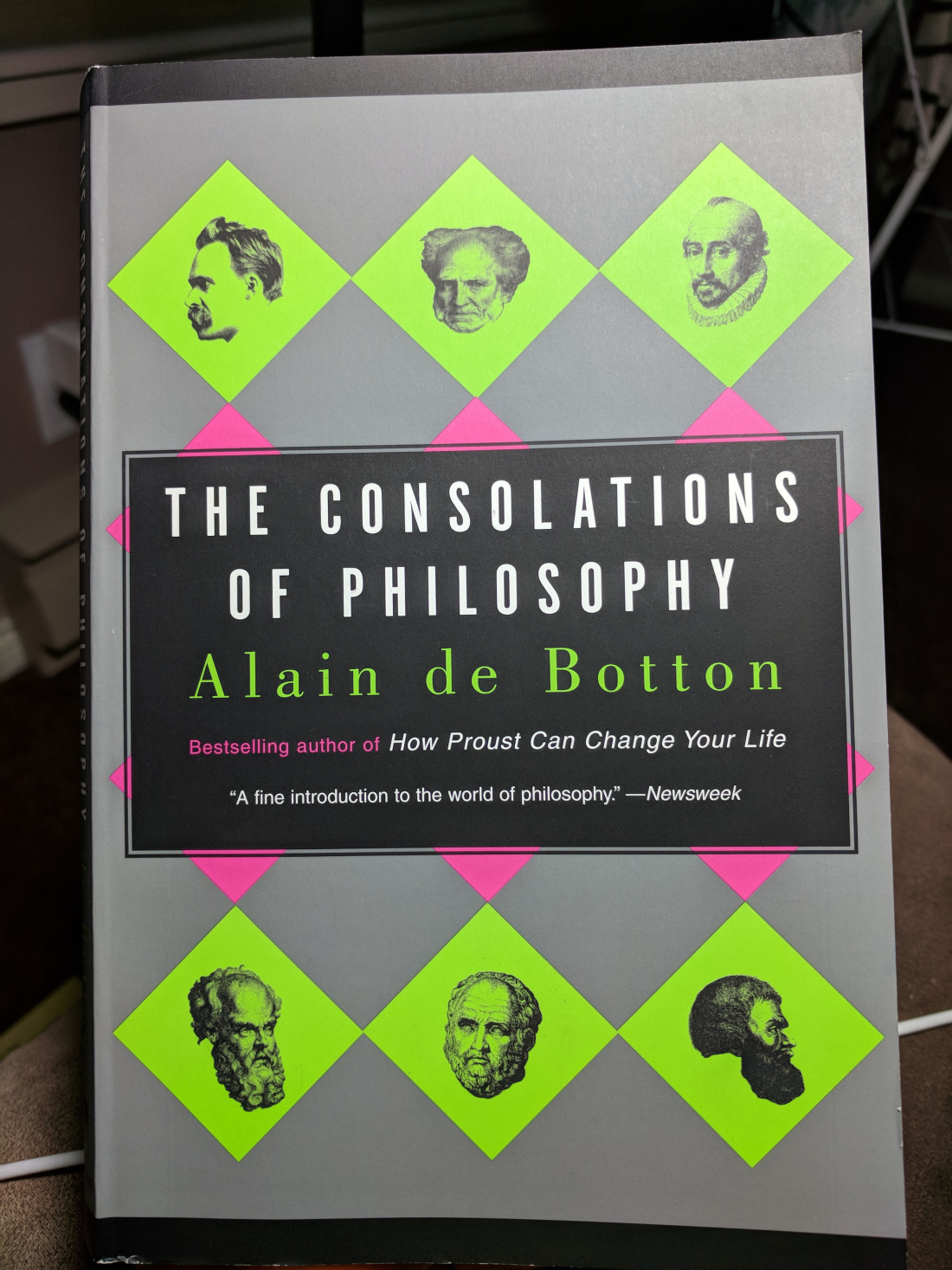Hello readers,
Today I wanted to start producing articles in my ‘science goodies’ category. So if you’re interested, keep reading!
I felt I should start with explaining what I study and in that way, I can set a path for my future articles. They will mostly be about molecular mechanisms of certain diseases and syndromes, and they’ll also be understandable for the wider audience.
I find it very funny how sometimes molecules in our body work the way they do, and how everything is extremely coordinated and regulated. I want to share those insights with you, but mostly on the molecular level of understanding.

Also, I’m kind of upset that I can’t write more, but with my current schedule, I really don’t have time. But, I have a lot of ideas, already written in my blogging planner, so that’s a good thing I’m focusing on. Let’s start!
Biotechnology – my undergraduate degreeFor me, it was always hard explaining what biotechnology is, especially where I live. In Croatia, biotechnology is a fairly new profession and most people don’t know what it is. It might be because I didn’t even understand completely until I was about a sophomore.
Eventually, I finished my undergraduate biotechnology degree and became a bachelor engineer of biotechnology. Following the standardized Bologna process of our universities, I finished it in three very stressful and interesting years.
Wikipedia will say “biotechnology is the use of living systems and organisms to develop or make products, or “any technological application that uses biological systems, living organisms, or derivatives thereof, to make or modify products or processes for specific use” (UN Convention on Biological Diversity, Art. 2).
It is a hard definition and it doesn’t explain much, but I can explain it a little bit more. Basically, you use a lot of knowledge that you have to make different products like:
- recombinant proteins – like insulin,
- artificial tissues – like skin for example,
- antibiotics, vaccines, and chemicals,
- microbiologically safe drugs, foods, and other similar products,
- beer, wine, and other alcoholic drinks,
- treatments for a lot of diseases, cancers, and infections,
- and so much more.
To do those things you have to study different subjects like:
- organic, inorganic, physical and biochemistry,
- biology and microbiology – you learn a lot about many microorganisms,
- engineering subjects ( I had 6 engineering subjects including biochemical engineering),
- mathematics, statistics, and physics,
- specific biotechnology subjects ( I had 4),
- genetical engineering and molecular genetics,
- and so on.
I ended up doing my bachelor thesis in the Laboratory for Cell Technology and Biotransformation in the Department of Bioengineering. The theme was “The viability and morphology of tumor HeLa cells in the presence of apple and cherry stem extracts”. It was extremely interesting, and I learned so much lab work.

It was a broad undergraduate study, you kind of get the sense of everything and anything with some specifics. That’s why you choose your graduate study carefully because you will continue to study more specific things later. I went for the field of molecular biotechnology because I actually wanted to study that when I enrolled in the university.
Molecular biotechnology – graduate studyMolecular biotechnology is what I opted for after getting my bachelor degree in biotechnology. Generally, it is a study of nucleic acids and proteins using the lab technologies for applications in human and animal health, environment and agriculture.
You study different processes that happen in our bodies, in microorganisms and animals. You use that knowledge to create products that will help, change or be useful to the end consumer. We are talking medicines, drugs, proteins, antibodies, vaccines and so much more. But to get there, you must study subjects like those I’m currently studying like:
- physiology,
- immunology,
- genetics,
- molecular biology,
- chemistry,
- the technology of animal and plant cells,
- bioinformatics,
- and so on.
Personally, my favorite subject so far is “The technology of animal and plant cells”, and I’m really seeing myself doing research on cancer or human stem cells.
Molecular biotechnology is a very changing field, where new discoveries happen daily or monthly, and some happen every ten years, or never. For example, developing a new medication can take up to ten or twenty years, and cost more than a billion American dollars.
But it’s safe to say how molecular biotechnology can help the world, just by giving us a chance and fighting against challenges that we experience with the growing population and environmental issues.

It is a growing field, that’s for sure. It has been said that the biotechnology center will add up to 10 000 new job opportunities every year. There is a need for scientists that will be innovative, creative and knowledgeable in this field.
The first and only reason why someone should enroll in such studies is that it’s interesting to them. If you like microbiology, natural sciences and you want to find out more, you should apply. It is a hard and demanding field but you will definitely get the most out of it. Passion is very important in everything you do, so do it passionately. Read more about those things you find amusing and interesting, and keep educating yourself in every way.
It’s hard to choose a lifetime profession when you’re young and just getting out of high school, but the thing is that molecular biotechnology gives you a wide range of future jobs you can do. You can be:
- a research scientist,
- an engineer in a factory, producing proteins for example,
- a genetics engineer,
- a bioinformatics programmer,
- a researcher in the cosmetics field,
- a forensics investigator,
- an immunologist,
- an environmental scientist,
- a drug and medicines developer,
- and so much more.
I chose molecular biotechnology because I felt it will give me the chance to change something in the world. It doesn’t have to be something grand, maybe just changing the way people think or creating a new treatment, maybe a new medicine. It’s a long shot, but it’s also a great motivation.
So, if all of this appeals to you, look it up. You never know, maybe you just found your future profession.
If you want to read more about me, click here or here where I answer 26 fun questions.
If you’re a scientist, what was your goal when you first started?
What do you think about molecular biotechnology? I would love to hear about it.
Yours,
The In Papyro





